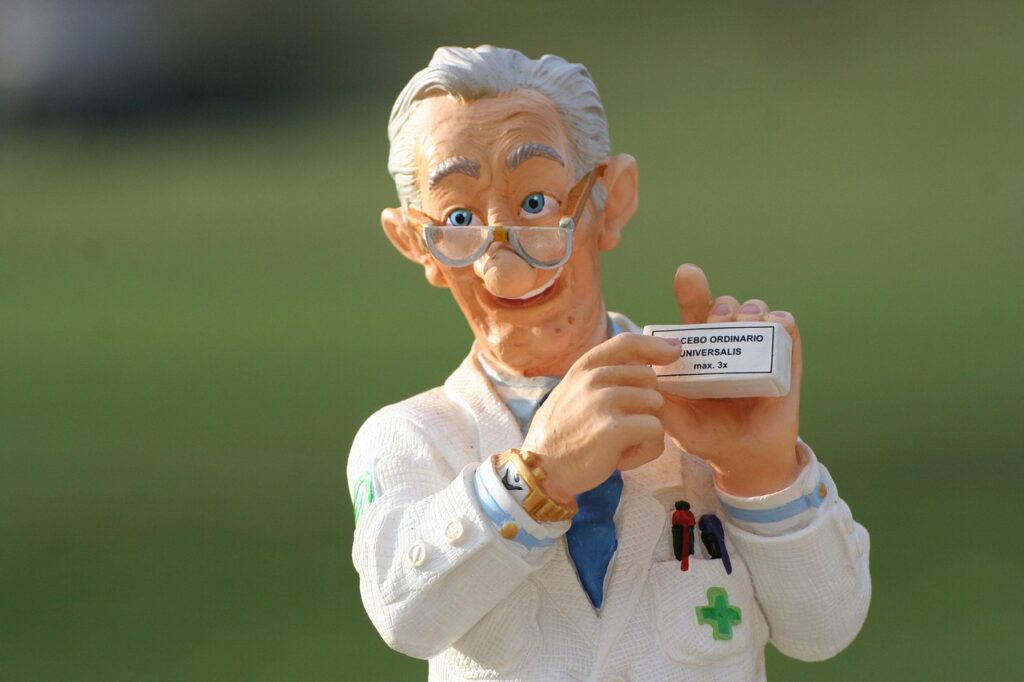Finding an OCD specialist near me means accessing targeted care from professionals trained specifically in diagnosing and treating Obsessive-Compulsive Disorder. The most effective treatment for OCD is exposure and response prevention (ERP), a therapy that specialized therapists are trained to provide. Locating a therapist who offers this evidence-based approach can significantly improve outcomes for those managing OCD symptoms.
Many resources help connect individuals with qualified OCD specialists, from telehealth platforms to local clinics. These providers offer a range of services, including medication management, therapy, and support groups, tailored to individual needs. Understanding where and how to find these experts can simplify the path to appropriate treatment.
Finding the Right OCD Specialist Near Me
Locating an appropriate OCD specialist requires knowing the types of providers available, understanding their qualifications, and using effective search methods. Each aspect plays a crucial role in ensuring the specialist matches the individual’s treatment needs and preferences.
Understanding Types of OCD Treatment Providers
OCD treatment providers include therapists, psychologists, psychiatrists, and counselors. Therapists and counselors often offer cognitive-behavioral therapy (CBT) focused on exposure and response prevention (ERP), which is the most evidence-based approach for OCD.
Psychiatrists can prescribe medication and typically manage complex or severe cases. Some providers combine therapy with medication management for comprehensive care. Online therapists can offer convenience, while in-person specialists provide direct interaction, depending on preference.
Specialists may have additional training in OCD or anxiety disorders, which can improve treatment effectiveness. It is important to choose a provider experienced specifically with OCD rather than general mental health conditions.
Key Qualifications of an OCD Specialist
A qualified OCD specialist usually holds a relevant license—such as LCSW, LPC, PsyD, PhD, or MD—and has specialized training in OCD treatment, particularly in ERP and cognitive-behavioral therapy.
Certification from recognized organizations or ongoing mentorship from clinical experts in OCD indicates up-to-date knowledge. Experience treating OCD patients and positive patient outcomes also reflect competence.
Psychiatrists should have expertise in psychopharmacology related to OCD, including medications like SSRIs or clomipramine. Verification of credentials can be done through professional boards or mental health directories.
How to Search for Local OCD Experts
Start by using online directories such as the International OCD Foundation (IOCDF) or platforms like Psychology Today. These allow filtering by location, treatment style, and specialties.
Use keywords like “OCD therapist near me” or “OCD specialist” combined with your city or zip code. Local mental health clinics and hospitals may have listings or referrals for OCD experts.
Contact potential providers to inquire about their methods, experience with OCD, and treatment approach before scheduling an appointment. Support groups and online forums can also offer recommendations for trusted specialists nearby.
Choosing the Best OCD Treatment Option
Selecting the right treatment depends on several factors including accessibility, personal comfort, and the therapist’s approach. Treatment formats and initial sessions shape the overall experience and effectiveness for individuals seeking care.
In-Person vs. Online OCD Therapy
In-person therapy offers direct, face-to-face interaction, which some patients find more supportive for building trust. It allows therapists to observe non-verbal cues and adjust techniques accordingly.
Online therapy provides greater convenience and accessibility, especially for those in remote areas or with mobility limitations. Many reputable specialists offer structured cognitive behavioral therapy (CBT) with exposure and response prevention (ERP) via secure video platforms.
Both formats can effectively deliver ERP, the leading evidence-based OCD treatment. Choosing between them depends on scheduling flexibility, comfort with technology, and preference for in-person dynamics.
What to Expect During Your First Appointment
The initial appointment typically involves a detailed assessment of symptoms, history, and daily functioning. The therapist will ask questions to understand specific OCD patterns and related anxiety.
Expect a discussion on treatment goals and an introduction to ERP methods. The therapist may explain how exposure exercises work and plan early steps tailored to individual needs.
This session also provides an opportunity to evaluate therapist fit and discuss practical aspects like session frequency, medication coordination, and confidentiality policies.



